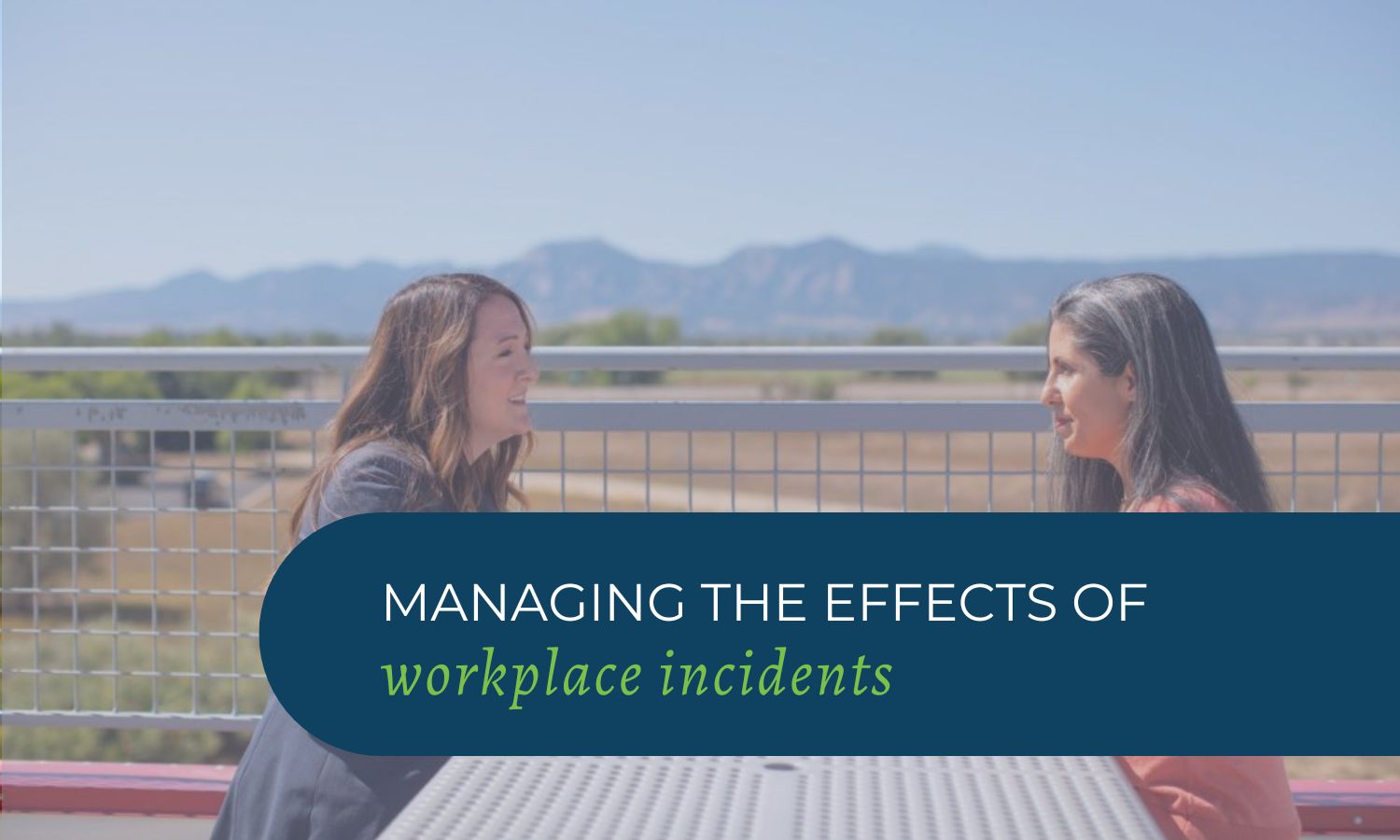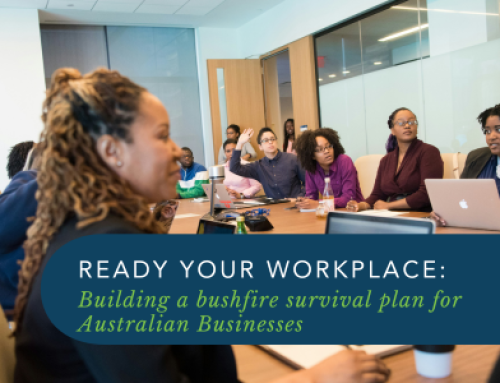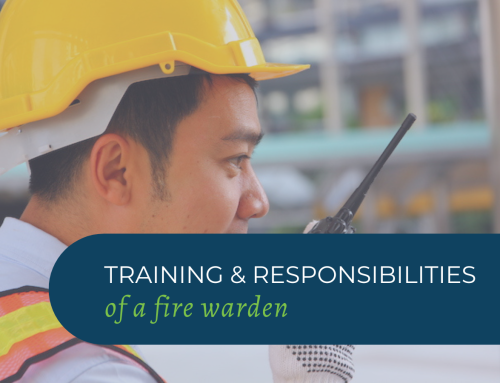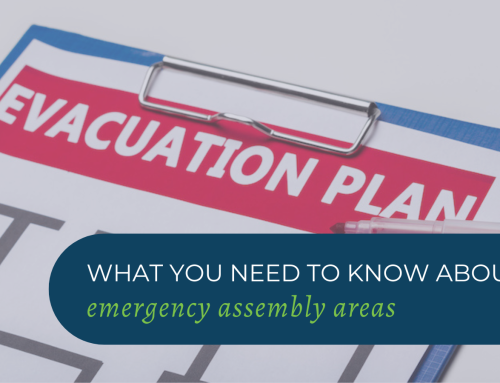Workplace incidents can have a negative effect on any individual in the workplace, including their families. Outcomes can affect workers’ physical and mental wellbeing. It can affect their performance, their behaviour and may even lead to self-harming behaviours. These critical incidents involving staff members require a great deal of consideration and the appropriate processes to manage stress and support the workers.
Debriefing is a structured process that provides support to individuals or teams after experiencing a traumatic or critical workplace incident. It allows affected workers to express their thoughts and emotions, helping them process the event in a safe and supportive environment.
The goal of debriefing is to promote understanding, address concerns, and help normalise the experience early, reducing the risk of long-term emotional or psychological impacts. Providing timely debriefing is a crucial part of any workplace incident management plan.
Some of the signs and symptoms following critical incidents that can manifest in affected staff include:
- Restlessness
- Signs of fatigue due to poor sleeping
- Change to eating behaviour or diet
- Increased use of alcohol or other drugs
- Profuse sweating
- Recurring dreams
- Isolating behaviours
- Absenteeism and decreased productivity
Recognising signs of distress in ourselves or colleagues is the first step in offering the right support after a workplace incident. A hot debrief should be conducted immediately after the event, if it’s safe to do so, and led by a manager or trained facilitator.

A follow-up welfare debrief should ideally take place within 72 hours, involving all affected workers. These sessions help clarify the incident, address concerns, and provide emotional support. Ongoing support resources should be shared, and additional debriefings can be scheduled as needed to ensure long-term wellbeing.
Developing a sense of awareness and understanding around the workplace incident aims to allow the participants to understand and normalise their thoughts and feelings. Creating a safe space for the staff to reflect and process their thoughts, along with educating the team what resources for support are available to them encourages them to return to normal life.
Immediate intervention provides emotional resilience improving communication between groups and management. These debriefings also allow an opportunity to update a policy or procedure where needed.
Workplace Emergency Management assists businesses to promote safe workspaces by providing Emergency Plans, Diagrams, and regular training for your staff. Our team of highly qualified consultants have experience across all kinds of industries. Call us today at 1300 831 694 for more info.
GET IN TOUCH
Are you ready for peace of mind that your workforce is as safe and prepared as possible?
With a dedicated team of staff ready to help you meet compliance requirements and improve the overall safety of your workplace, all you need to do is get in touch.
Request your free audit today!



